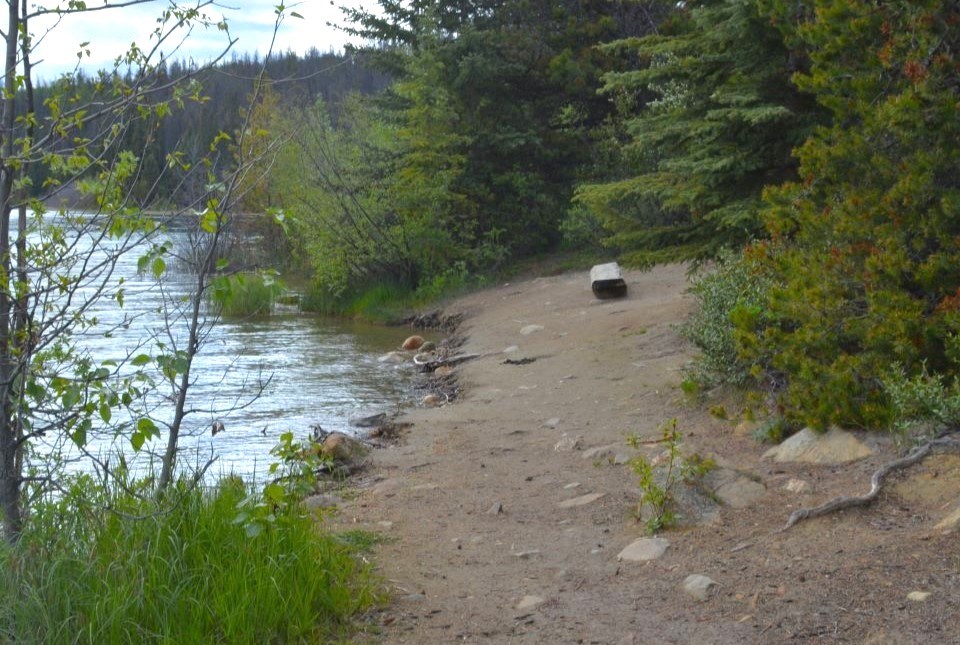An increasingly popular photography challenge, just in time for Lakes Appreciation Month in July.
Living Lakes Canada (LLC) is encouraging people to enjoy their favourite waterbodies by taking pictures of them for the fourth annual Lake Biodiversity Photo Challenge.
LLC Lakes Program Manager Georgia Peck said the contest underscores the importance of getting the larger public at large to understand and recognize the importance of lake ecology. More people are taking notice of how healthy their lakes, ponds and rivers are, all thanks to this photo challenge.
“Last year, there was amazing number of submissions, which (for the first time since the challenge started) actually spanned every province and territory across the country,” Peck said.
“So, we're really looking forward to this year, hoping to surpass last year's number of 629 submissions.”
Organizers are also looking forward to seeing pictures of different lakes and wildlife that haven't been photographed extensively before.
LLC is a water science and stewardship non-profit that has been working with community groups, local government and First Nations to protect freshwater for more than 20 years.
“What we do is that we facilitate collaboration through education, water monitoring, restoration as well as policy development initiatives,” Peck said.
“All of this is done for the long-term protection of lakes, rivers, wetlands and just broad watersheds within the country.”
Living Lakes helps people to be observant of their local waterbodies over time. If they notice the water quality in decline, it also helps mobilize them to work to reverse it.
“Really, what our mandate is to help people across Canada understand, mitigate and adapt to the impacts of climate change on water quality and quantity and help conserve biodiversity as well as healthy human communities, and also grassroots water stewardship activities,” Peck said.
“We try and really put the responsibility at the community level. We think the biggest impact happens [there].”
The Lake Biodiversity Photo Challenge gets people outside looking at their surroundings in a “different lens.”
“So many of the changes in the impacts that are seen on waterbodies are slow and over time often,” Peck said.
“Ensuring that people are keeping an eye on their local freshwater resources and tracking those through photos or apps such as iNaturalist, different biodiversity tracking apps … it's just a really great way for us to build a baseline understanding of where we're at.”
All of this will lend toward helping water ecologists determine how to best protect and prevent climate change and other environmental impacts from doing extreme and perhaps irreversible damage to our freshwater areas.
The challenge includes four different categories for submissions: Lake Landscapes, Lake Biodiversity, Lake Impacts and there’s also a youth category for youth photographers who are 16 years and under.
The whole goal, she said, is to foster appreciation for lake wildlife, raise awareness around the threats that they face and encourage youth to explore lakes and dip their toes into photography. Also, they want participants to be mindful of their own actions and how they might affect elements of nature.
“We're putting a real key focus on this year's challenge to promote ethical nature photography,” Peck said.
“Wildlife and environmental photography as a whole has become really popular in the last couple of years. We've partnered with the Canadian Conservation Photographers Collective to encourage participants to follow a code of ethics for nature photography.”
All the details of the challenge and how to submit photo entries can be found at www.livinglakescanada.ca. The contest ends on July 31.




